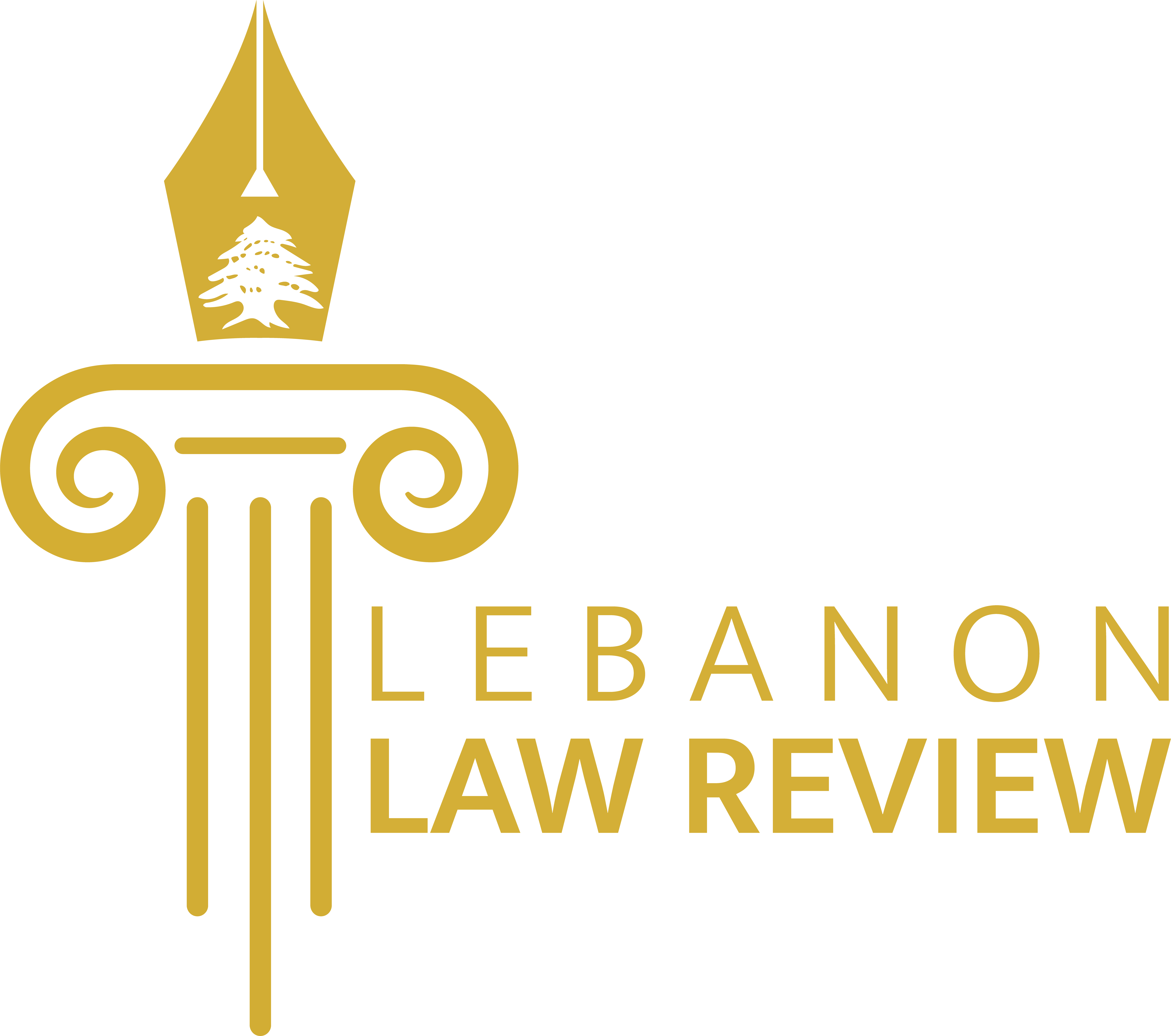Foreword
“There is a lack of order in some areas that are not adhering at all to the measures. This creates a wide gap for the spread of coronavirus and could collapse the containment plan that the government implemented. If this plan is not applied strictly, we may be obliged to take even tougher decisions and enforce harsh measures,” Information Minister Manal Abdel Samad said after Thursday’s Cabinet session.
Lebanon is facing its worst economic crisis ever since the Lebanese Civil War in 1975. The prices of basic commodities at supermarkets have rocketed, even those that are manufactured locally, the exchange rate of the dollar sold at exchange dealers has exceeded 4,000 L.L., a 278% increase, causing nearly 800 businesses to have closed and nearly 25,000 new cases of unemployment. The rest only get paid half their salary.
A few weeks after the announcement of the first coronavirus case, the Cabinet announced a state of general mobilization in an effort to combat the novel coronavirus. The Cabinet’s decision caused the closure of all public administrations and institutions, municipalities, autonomous utilities, universities, public and private schools and nurseries, along with the Rafik Hariri International Airport, land borders, and seaports, only the Central Bank, commercial banks and exchange dealers are exempted from the public shutdown. All restaurants, nightclubs, and malls have shut down in response to the virus’ outbreak, so you can only imagine how much this would affect Lebanon’s crumbling economy.
On March 29, two weeks after the government ordered general mobilization, the people of Tripoli took the streets chanting “death by coronavirus is better than death by hunger”. People go down to protest in Jal el Dib and Zouk Mikael in the face of risk from COVID-19. Yes, Lebanon’s economic state is that critical, and although the Cabinet’s announcement of the health emergency was necessary, many people simply cannot afford to stay at home. It is evident that much of the public rage has been directed towards Lebanon’s once robust and renowned baking institutions. Many a bank has been the target of a Molotov cocktail in recent times. The institutions that have trapped peoples’ deposits and are practicing draconian measures on their assets. In light of these events we found it necessary to clarify the role of BdL and private banking sector as defined by the law.
Continue Reading
Download the Full Article
Special thanks to Mr. Jack Khamo, BA, for his fiscal expertise. Special thanks to the ArtofBoo for the artwork.



